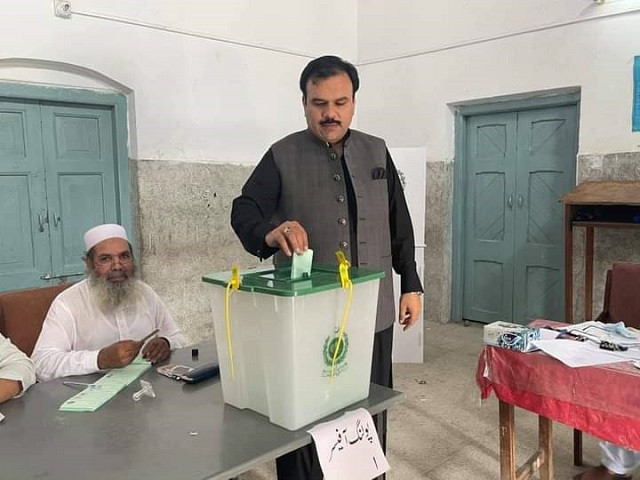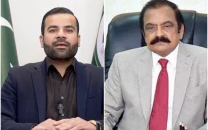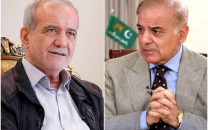SC ruling puts poll credibility at stake
Legal experts say 'unfortunate decision' would rob voters of their right to choose

The Supreme Court’s directive to withdraw the Pakistan Tehreek-e-Insaf (PTI) election symbol, despite ensuring the scheduling of general elections on Feb 8, has set off ripples of concern about the credibility of the upcoming electoral process, raising questions about its impact on democratic principles.
In a striking blow to the former ruling party, the apex court's decision would force PTI's ticket holders to navigate the electoral battleground as independent candidates, altering the political landscape significantly.
Commenting on the judgement, former Sindh High Court Bar Association president Salahuddin Ahmed expressed disappointment, labelling it as "an unfortunate decision" with potential repercussions on the elections' credibility.
Ahmed, while acknowledging issues with PTI's intra-party elections, pointed out that depriving a party of its electoral symbol should be reserved for exceptional circumstances. He argued that such penalties, especially in a low-literacy country, may infringe upon voters' right to choose.
"While there were certainly problems with PTI’s intra-party elections, the decision to deprive a party of its electoral symbol is a penalty that should be reserved for the rarest of cases because in a low-literacy country, it robs voters of their right to choose."
Questioning the fate of Section 215 of the Election Act, Ahmed pondered whether it would become the new Article 62 (1) (f) and be wielded by the Election Commission of Pakistan (ECP) or the judiciary as a tool for "cleansing the body politic."
Read: PTI’s 'Plan B' unravels as PTI-N dispute over electoral symbol emerges
Faisal Siddiqi advocate said that ruling in PTI’s ‘bat’ case will join the ranks of the notorious 'Maulvi Tamizuddin case' as a decision which by hiding behind the smokescreen of legal technicalities has fatally damaged democratic constitutionalism.
"Today, history will ask: Is the political engineering of 2018, any different from the one in 2023-24,” he added.
Barrister Asad Raheem also weighed in, saying that an order with no bearing in the law, or for that matter the SC’s direct responsibility to preserve and protect the Constitution. Raheem labelled the reasoning behind the decision as “absurd”, leading to a “ludicrous outcome”.
Ex-additional attorney general Tariq Mahmood Khokhar pointed out that “an unelected and unaccountable, self-appointed and self-perpetuated institution disenfranchises the nation”.
Interestingly, the SC order did not provide an interpretation of Article 17 of the Constitution, and the judgment in the Benazir Bhutto case was not considered in the decision.
Meanwhile, the order has further fuelled perceptions among PTI supporters that Justice Isa is biased toward the party leadership. There is no doubt that SC order found several irregularities in PTI’s intra-party elections.
Concerns have been raised regarding whether the Election Commission of Pakistan (ECP) applied the same level of scrutiny to intra-party elections of other political parties.
It is argued that the apex court should have taken into account the challenges faced by PTI since the incidents of May 9. Former CJ Saqib Nisar withdrew the PML-N election symbol during Senate elections, and a similar action was taken by CJP Isa concerning PTI.
The Supreme Court should have considered the circumstances which are being faced by the PTI since May 9 incidents. Ex CJP Saqib Nisar had withdrawn the PML-N elections symbol in Senate elections while CJP Isa did the same with the PTI.
It is pertinent to note that ex-CJP Nisar continues to face accusations of playing a key role to implementing plan orchestrated by powerful circles against PML-N before the 2018 general elections.
Meanwhile, history will ultimately assess the role of Justice Isa in the 2024 elections, as the PTI raises concerns about a lack of a level playing field. In the absence of election credibility, holding them on February 8 may be rendered unnecessary.



















COMMENTS
Comments are moderated and generally will be posted if they are on-topic and not abusive.
For more information, please see our Comments FAQ